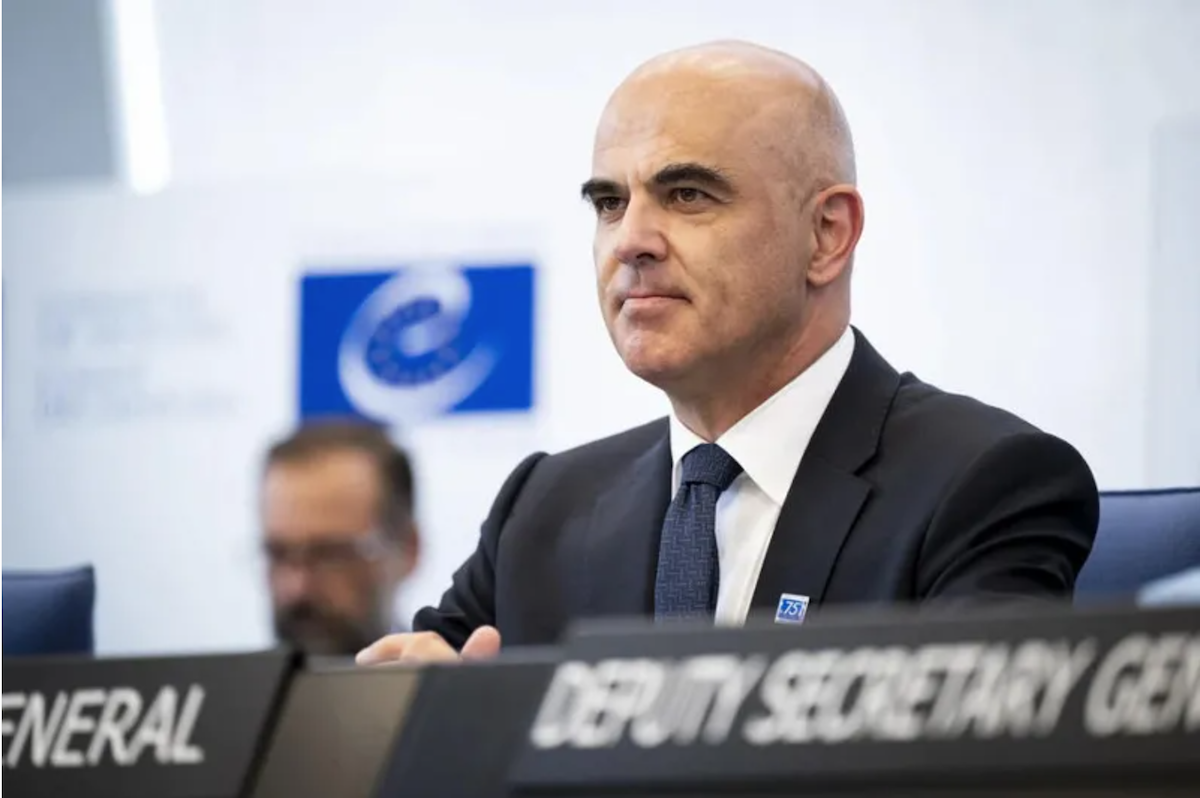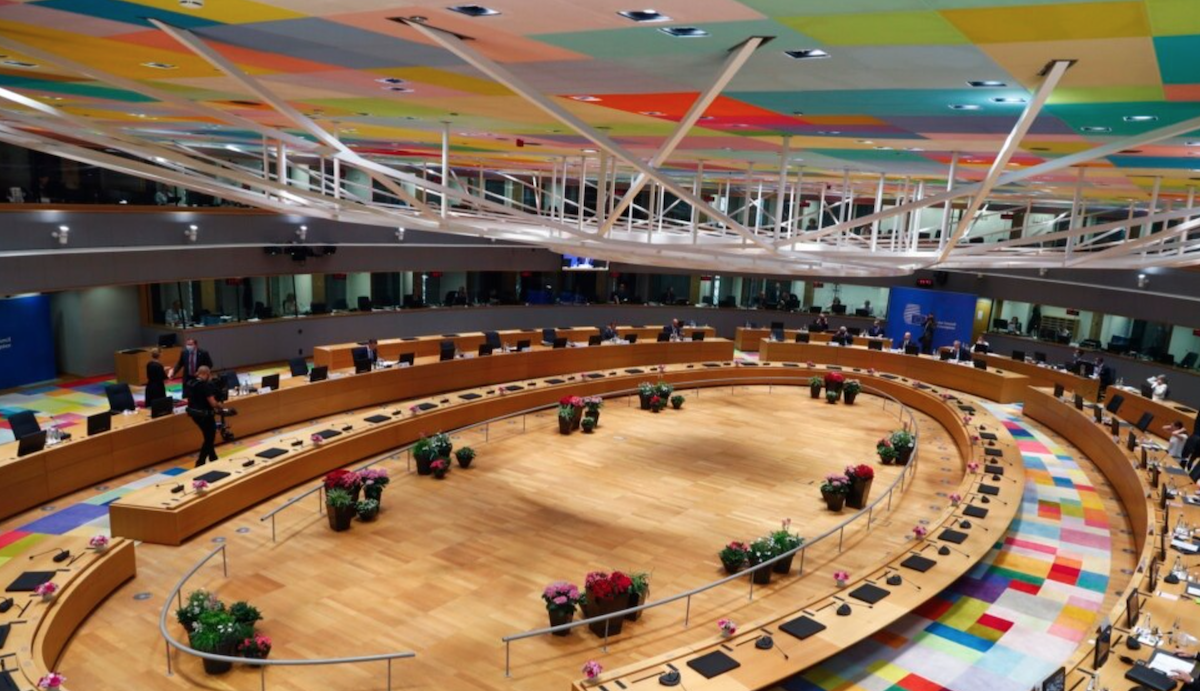Outrage in Georgia over Council of Europe Secretary General's statements during Tbilisi visit - reactions
Council of Europe sparks outrage in Georgia
During his visit to Georgia, Council of Europe Secretary General Alain Berset stated that the government had pledged to amend the controversial “Law on Transparency of Foreign Influence” (commonly referred to as the “foreign agent law” or “Russian law”) and establish an international working group for this purpose. The statement has sparked outrage among parts of Georgian society.
Critics argue that Berset’s remarks effectively bolster the ruling party, “Georgian Dream,” helping it to legitimize its position while diverting public attention from more pressing national issues.
Reactions
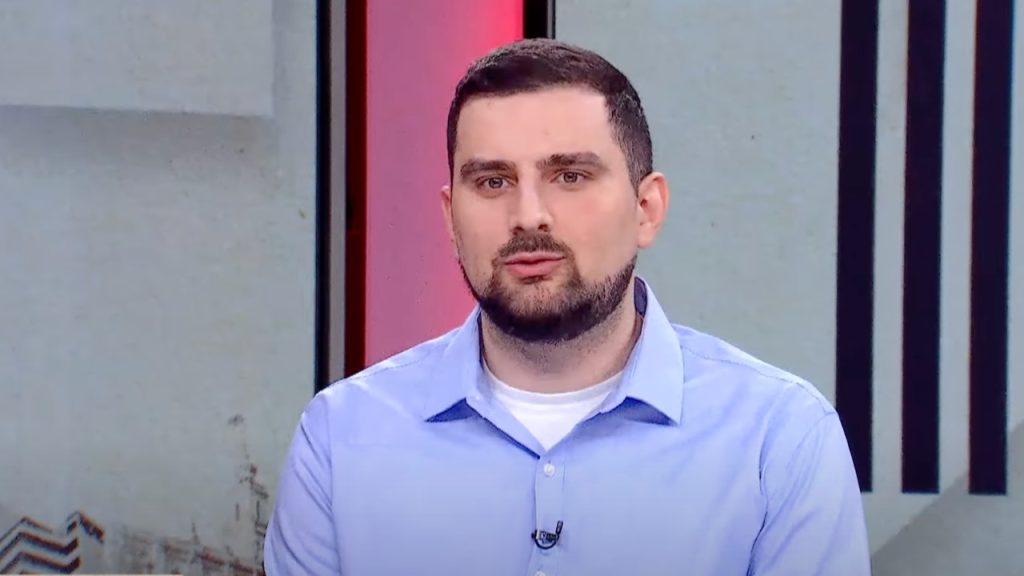
Saba Brachveli, representative of the Civil Society Fund:
“The party [Georgian Dream], which preached absolute sovereignty and denounced international partners, suddenly abandoned the primary symbol of its authoritarianism, the ‘Russian law,’ following the visit of a Council of Europe representative.
A separate issue is why Mr. Berset allows himself to make demands [to the authorities] while bypassing civil society. Especially considering that we have openly been defying this law for several months, and the stakes are now even higher.
For Georgian Dream, amending the law is an attempt to gain at least a shred of legitimacy and recognition.”
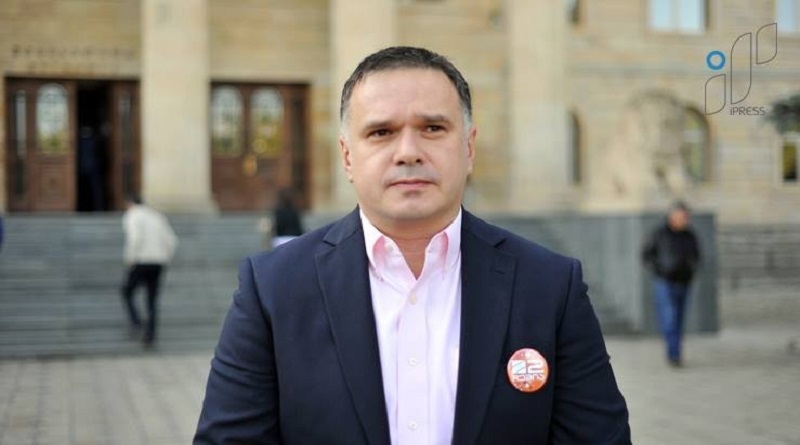
Zaza Bibilashvili, founder of the Chavchavadze Fund:
“According to Council of Europe Secretary General Alain Berset, he received a promise from the Georgian government to amend the ‘Law on Transparency of Foreign Influence,’ for which a working group will be created.
But there is no legitimate government in Georgia—the issue of the parliamentary elections on 26 October remains unresolved. In this way, the regime is trying to ‘buy’ legitimacy for itself.
Participating in such a bargain is tantamount to betraying the Georgian people. It would be an unforgivable mistake, even a crime on our part, to allow ourselves to even enter into this discussion.
A person who trades Georgia’s sovereignty, democracy, and European future for Russia’s authoritarian regime and the promise to amend a law is not a friend of the Georgian people.”
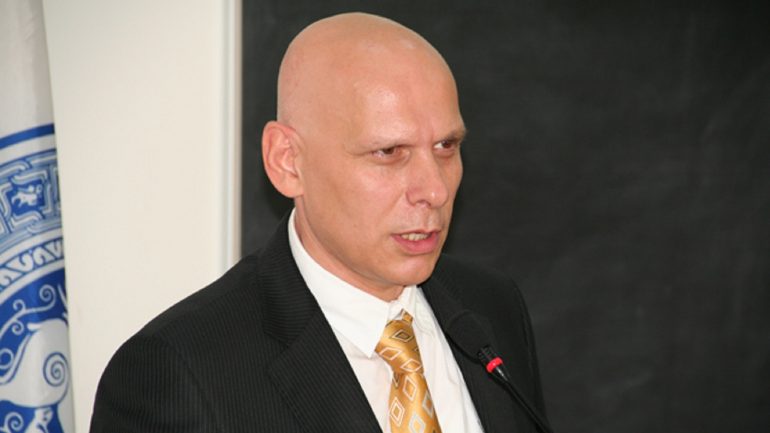
Iago Kachkachishvili, sociologist:
“Georgian Dream will adopt another ‘Russian law’ if it is not punished for usurping power.
In fact, mass protests against the ‘foreign agent law’ are already a thing of the past.
Today, we have a much more important and serious goal—to preserve the country’s Western orientation (its independence).
And this goal is completely incompatible with Georgian Dream remaining in power.”
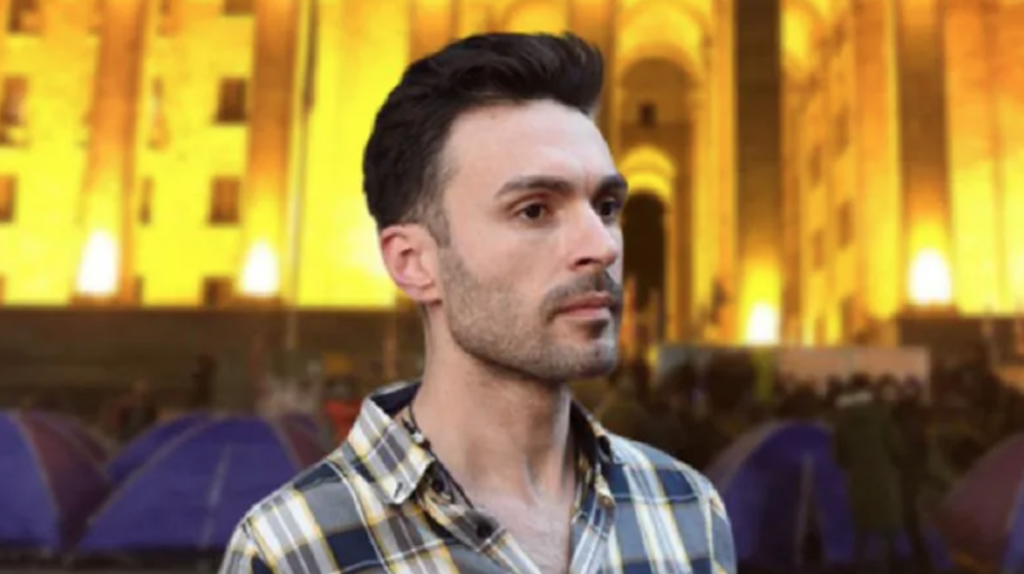
Shota Digmelashvili, editor-in-chief of Georgian Forbes:
“The Secretary General of the Council of Europe, by his own admission, came to Georgia not to legitimize the parliamentary elections of 26 October. The current Georgian government remains illegitimate, regardless of who meets with them or talks to them.
Discussions about compromises regarding the ‘foreign agent law’ should in no way distract us from the main goal—holding new parliamentary elections and freeing political prisoners.
The Secretary General of the Council of Europe himself said that, before engaging in dialogue, the prerequisites for that dialogue must be established and trust must be strengthened. And the prerequisite for dialogue will only be created after the new elections are held and political prisoners are freed.”
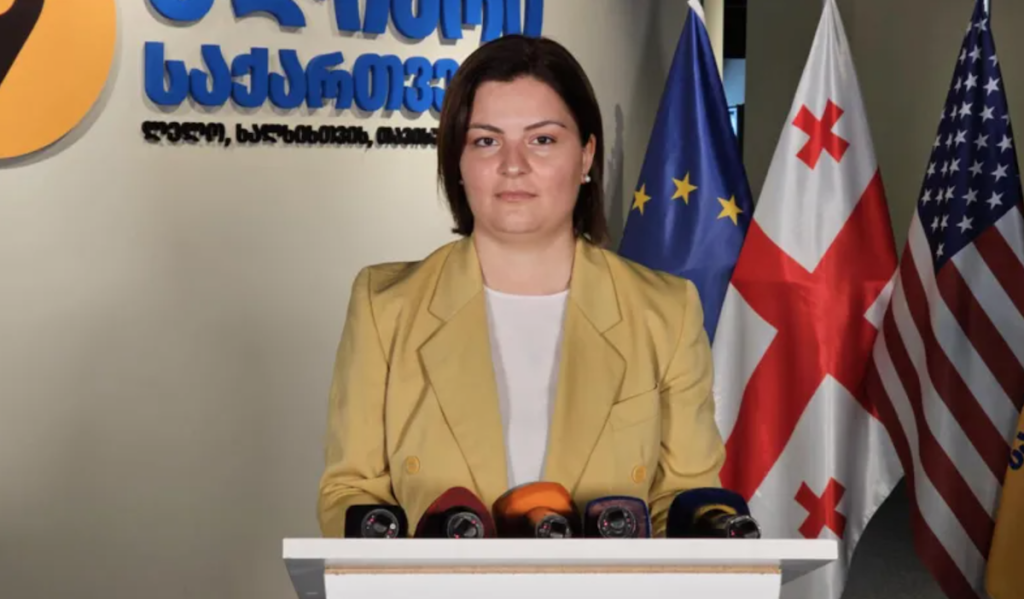
Ana Natsvlishvili, lawyer and member of the opposition party Lelo:
“Our demands remain unchanged: unconditional freedom for political prisoners and new, fair elections. The adoption of the ‘foreign agent law,’ which is the greatest evil, became possible in this country because our state was stolen from us—this was done step by step over many years by the Russian oligarch [Bidzina Ivanishvili].
After the adoption of the ‘Russian law,’ many more red lines were crossed. Therefore, changing or even repealing this one law will not change anything anymore.”
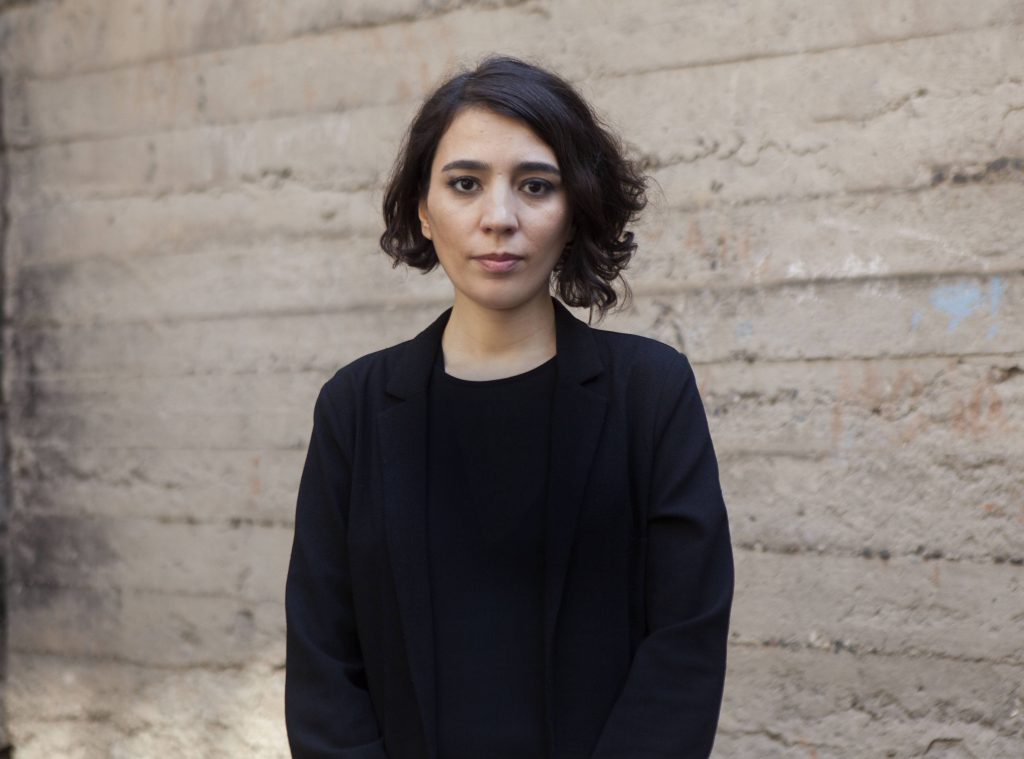
Tamta Mikheladze, Director of Programs at the Center for Social Justice:
“We met with Council of Europe Secretary General Alain Berset early in the morning, before his meeting with members of ‘Georgian Dream.’ We already knew that Berset came to Georgia hoping for political dialogue, so our clear stance was that the Council of Europe, as a regional political organization, does not have sufficient political weight, tools, or trust in our country to end the current political crisis.
Therefore, we asked the Council of Europe, represented by Alain Berset, to use its legal tools to respond to the various human rights violations in the country.
We are not part of the EU’s legal system, so the Council of Europe is the most effective and closest organization for us in this regard, and naturally, their modus operandi should be human rights and the rule of law.
But instead of sticking to human rights approaches and making clear statements about Georgia’s violations of its commitments within the Council of Europe, Berset, in fact, indirectly supported ‘Georgian Dream.’
The ‘foreign agent law’ is not subject to revision; it cannot be ‘reworked.’ It is inherently anti-democratic, as confirmed by the Venice Commission.
No organization, including the Council of Europe, has the right to whitewash a regime when people are being tortured in the streets, torturers are promised honorary medals, and the country faces the threat of even harsher authoritarianism every day.
Only after fundamental compromises can we speak of normalization and de-escalation. No one can do this during a two-day visit without any political weight.
Yes, at some point, a high-level political process will be needed to overcome the crisis and achieve a new political agreement through democratic means. But this must be done by the right people at the right time, with rules and objectives that are clear and acceptable to all.”
Council of Europe sparks outrage in Georgia










